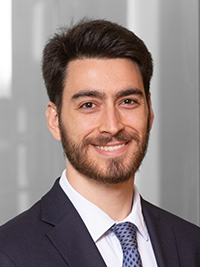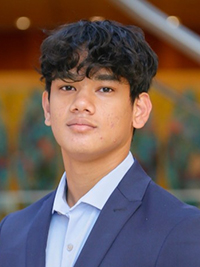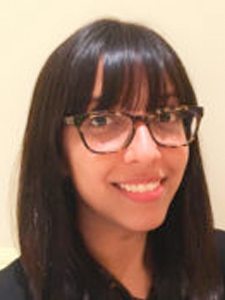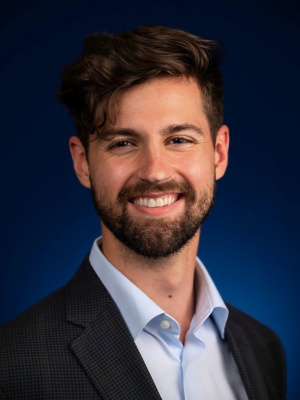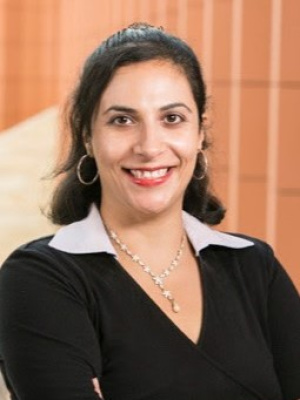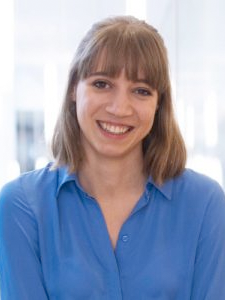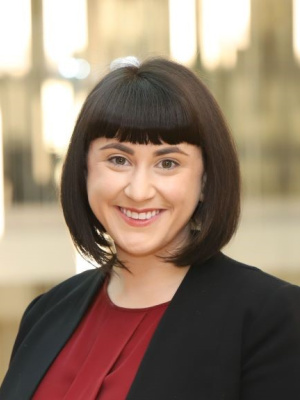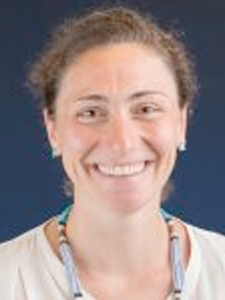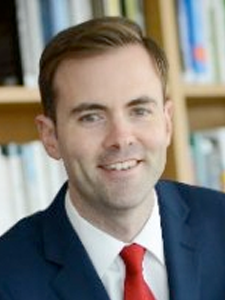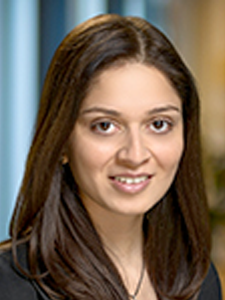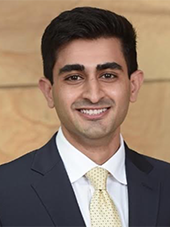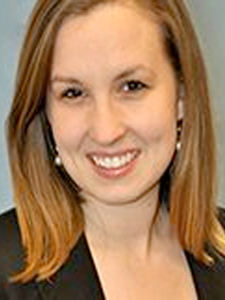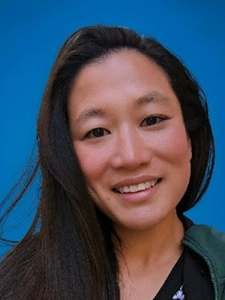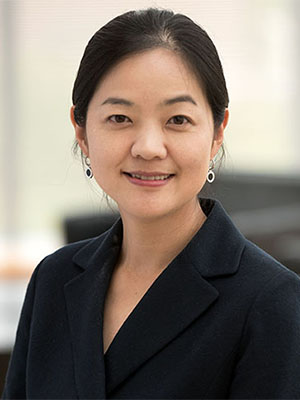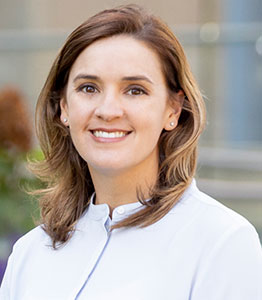From faculty to students, there are many social impact and sustainability colleagues at Ross and the University of Michigan at large. Find like-minded impact advocates and resources in the sections below. Need another kind of resource? You may find it in our Careers section.
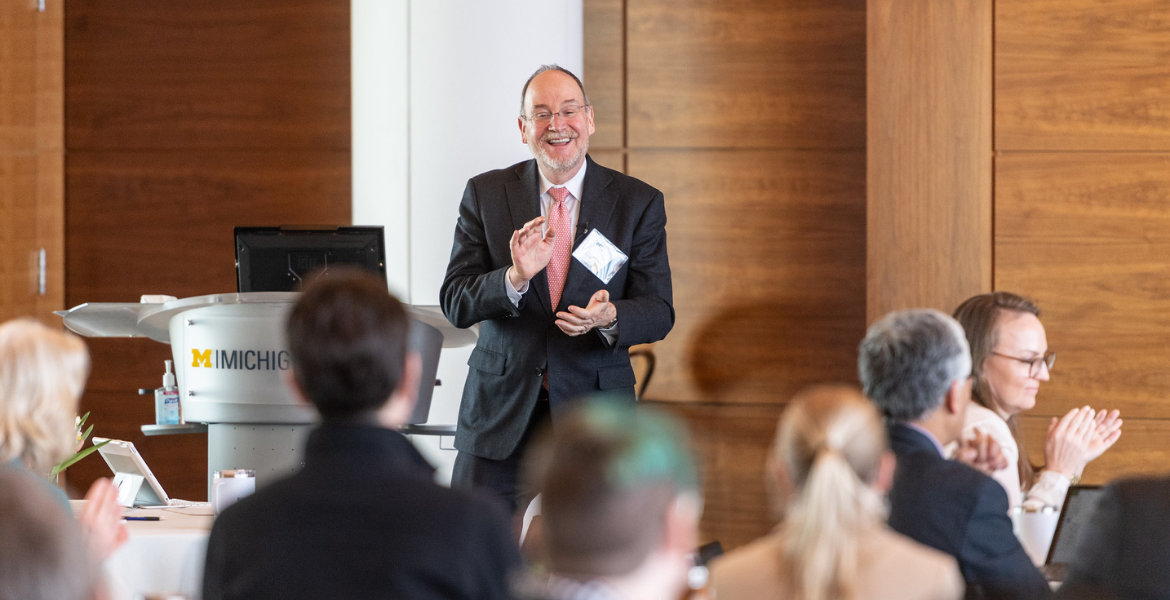
Search Ross Colleagues

MBA (’26)
songha@umich.edu
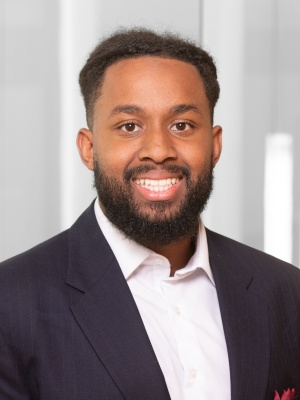
MBA (’26)
ajslater@umich.edu
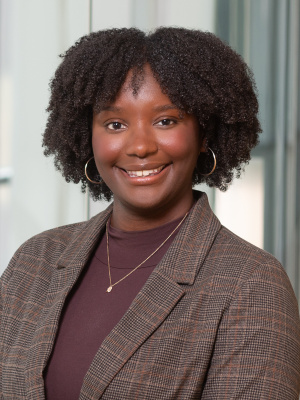
MBA (’26)
winbrook@umich.edu
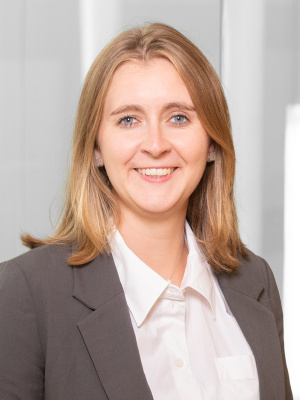
MBA (’26)
ncrick@umich.edu
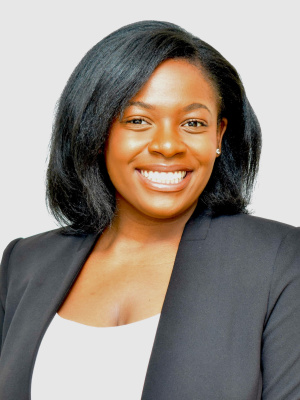
MBA (’26)
jocemay@umich.edu
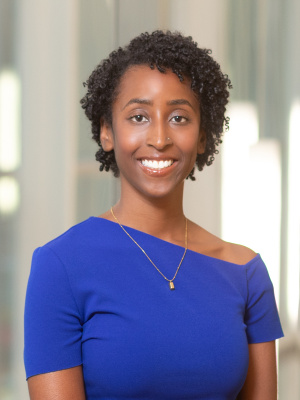
MBA (’26)
dfgill@umich.edu
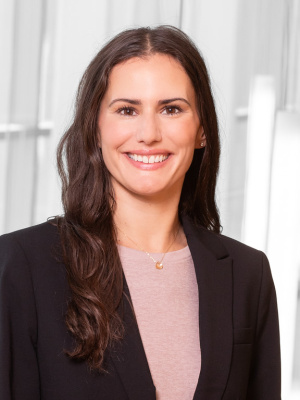
MBA (’26)
alexmax@umich.edu

MBA (’26)
hanyz@umich.edu
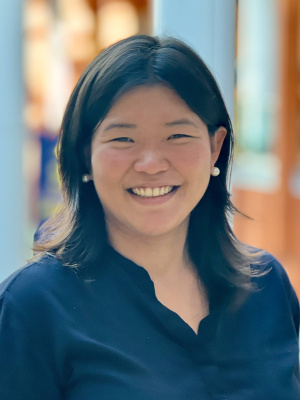
MBA (’26)
nwhang@umich.edu

MBA (’26)
sohavaz@umich.edu
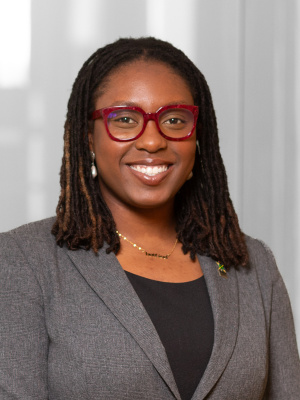
MBA ('26)
amidat@umich.edu

MBA ('26)
peihuayu@umich.edu
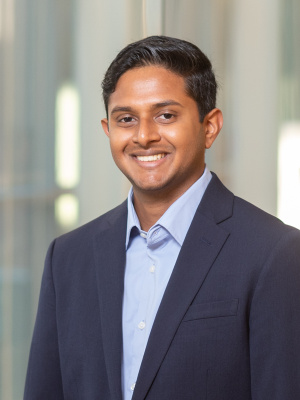
MBA ('26)
sudhanvi@umich.edu
(MBA ' 26)
ffurtado@umich.edu
(BBA '26)
sanyashi@umich.edu
Senior Program Manager of Incubation and Research, Microsoft
arianana@umich.edu
Director, Inclusive Saving and Investing - Aspen Institute Financial Security Program
karenbiddleandres@gmail.com
Strategy Consulting - BCG San Francisco
swashley@umich.edu
Human Capital Manager - Deloitte Dallas/Fort Worth
avadamri@umich.edu
Analyst - Capital Innovation Lab of LISC Strategic Investments
cfranke@umich.edu
Director of Transformation - Optum
gmarieg@umich.edu
Director of Business Support Network - Invest Detroit
lilyham@umich.edu
Head of Jobs and Skills - JPMorgan Chase
muench.matthew@gmail.com
Director of Programs and Social Investment - Kresge Foundation
nbmodi@umich.edu
Manager, Enterprise Strategy, IBM
nate.rajpoot@gmail.com
Franctional CMO - Marconi Society
preinman@impactful-marketing.com
Director of Development - The Flynn of Burlington, VT
schachtr@umich.edu
Manager of Sustainability and ESG Strategy - PwC
ivyfwei@gmail.com
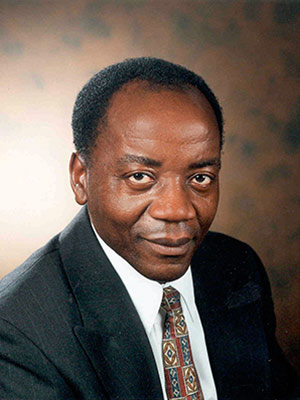
Ross School of Business Professor of Strategy
afuah@umich.edu
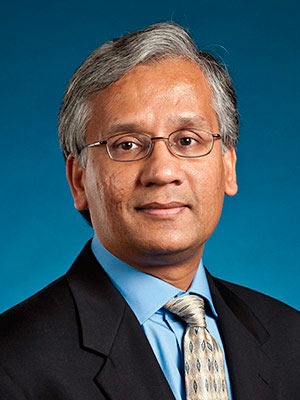
Ross School of Business Colonel William G. and Ann C. Svetlich Professor of Operations Research and Management, Professor of Technology & Operations, Faculty Director, Center for Value Chain Innovation
anupindi@umich.edu
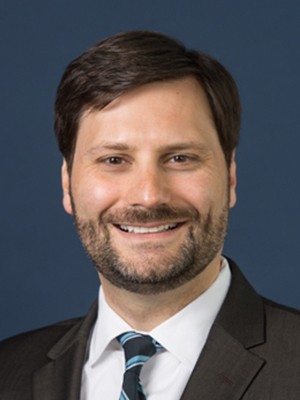
Ross School of Business Associate Professor of Business Law and Business Ethics
nbishara@umich.edu
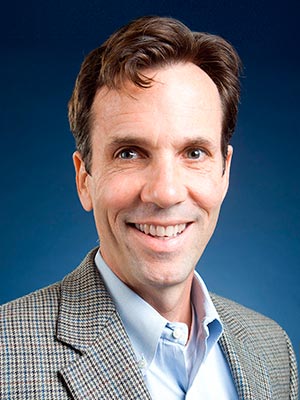
Ross School of Business Waldo O. Hildebrand Professor of Risk Management and Insurance, Professor of Business Economics and Public Policy, Chair of Business Economics and Public Policy
tbuch@umich.edu
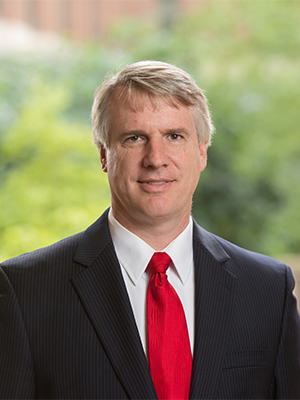
Ross School of Business President, William Davidson Institute at the University of Michigan, Tom Lantos Professor of Business Administration, Movses and Maija Kaldjian Collegiate Lecturer of Business Economics and Public Policy
pclyde@umich.edu
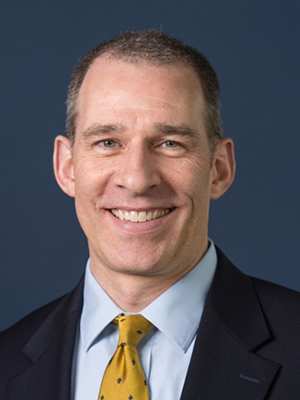
Ross School of Business Associate Professor of Business Law
dwhess@umich.edu
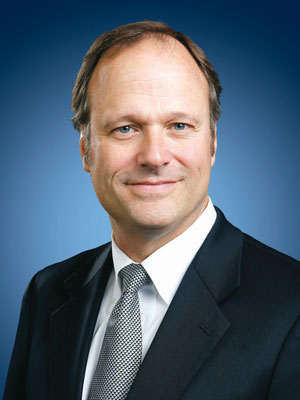
Ross School of Business; School of Natural Resources & Environment Holcim (US) Professor of Sustainable Enterprise; Professor of Management & Organizations; Professor of Natural Resources; Director of Global Sustainable Enterprise
ajhoff@umich.edu
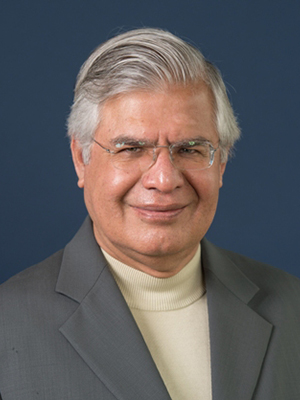
Ross School of Business Professor of Strategy
akarnani@umich.edu
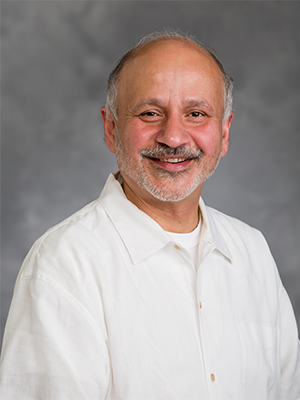
Ross School of Business John C. and Sally S. Morley Professor of Finance
kaul@umich.edu
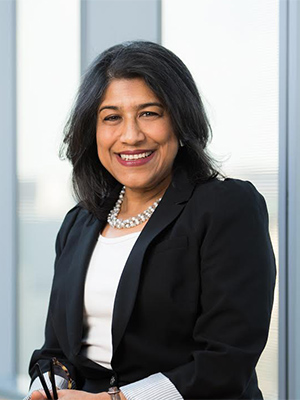
Ross School of Business Dwight F. Benton Professor of Marketing
aradhna@umich.edu
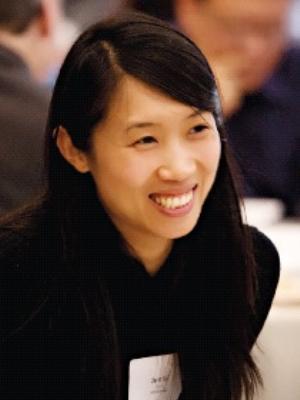
Ross School of Business Associate Professor of Technology and Operations, Michael R. and Mary Kay Hallman Fellow
junwli@umich.edu
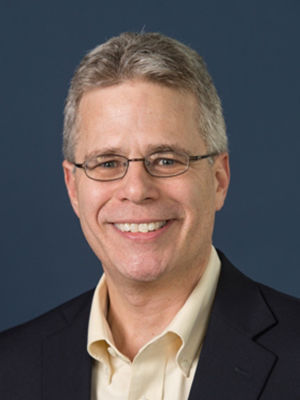
Ross School of Business Ford Motor company clinical professor of business administration; Senior research fellow, William davidson institute; area chair of business administration
tlondon@umich.edu
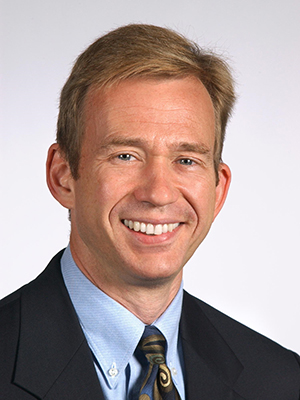
Ross School of Business Dow Professor of Sustainable Science, Technology and Commerce, Professor of Business Economics and Public Policy, Professor of Natural Resources
tplyon@umich.edu
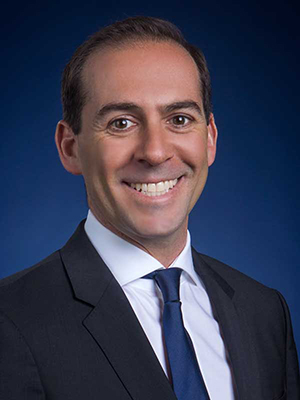
Ross School of Business Michael R. and Mary Kay Hallman Fellow, Associate Professor of Management and Organizations
dmmayer@umich.edu
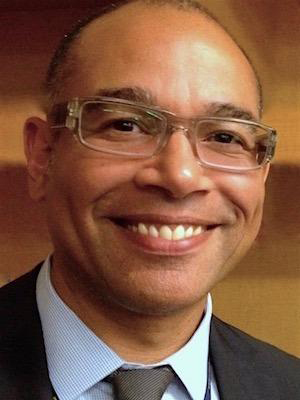
Ross School of Business Associate Professor of Technology and Operation
npmelv@umich.edu
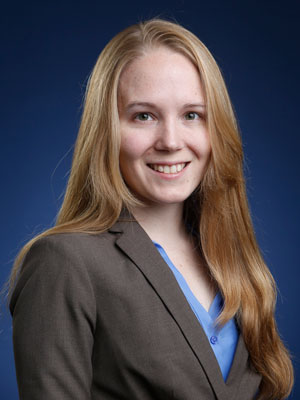
Ross School of Business Assistant Professor, Business Economics and Public Policy
mille@umich.edu
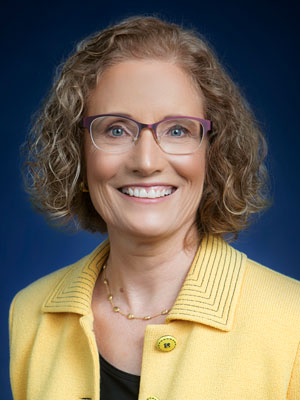
Ross School of Business Robert L. Dixon Collegiate Professor of Business, Arthur F. Thurnau Professor of Business Law, Area Chair of Business Law
dmuir@umich.edu
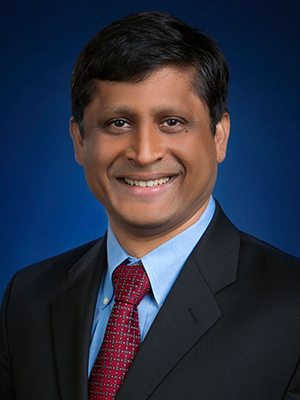
Ross School of Business Professor of Finance
amiyatos@umich.edu
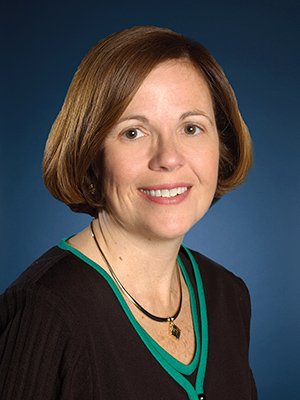
Ross School of Business Merwin H. Waterman Collegiate Professor of Business Administration, Professor of Business Law
schipani@umich.edu
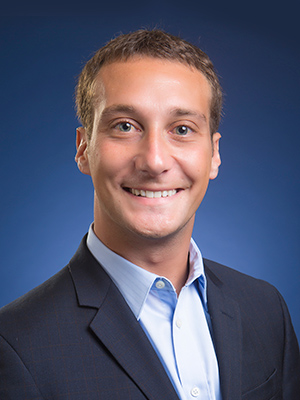
Ross School of Business Assistant Professor of Marketing
ericmsch@umich.edu
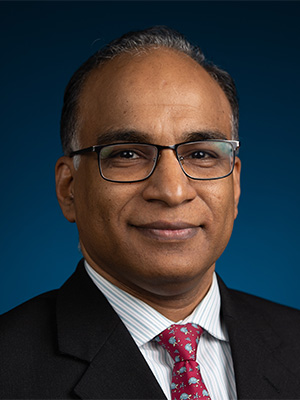
Ross School of Business Buzz and Judy Newton Professor of Business Administration, Area Chair, Business Economics and Public Policy, Professor of Business Economics and Public Policy
jagadees@umich.edu
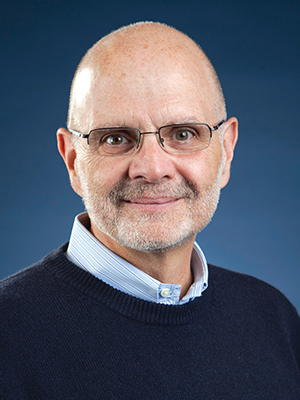
Ross School of Business A.F. Thurnau Professor, Gerald and Esther Carey Professor of Business Administration, Professor of Management & Organizations, Professor of Strategy
jpwalsh@umich.edu
Professor of Accounting, Michael and Joan Sakkinen Faculty Fellow, Accounting Faculty Doctoral Coordinator
gwyu@umich.edu
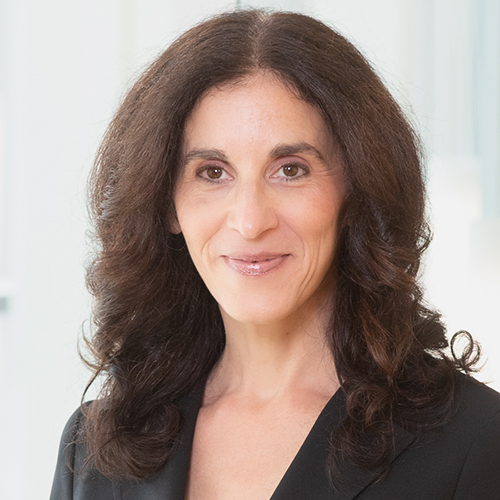
Ross School of Business, Impact Career Services
slbarlow@umich.edu
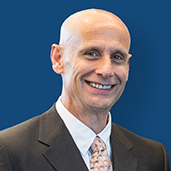
Associate Director of Marketing & Communications, Business+Impact
gbugala@umich.edu

Managing Director, Zell Lurie Institute
sarikag@umich.edu
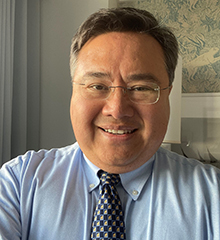
B+I Executive-in-Residence, CEO & President, World Environment Center President, Michigan Sustainability Associates Research Advisor/Instructor, Harvard University
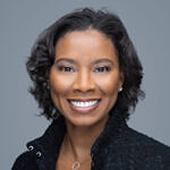
Managing Director, Center for Positive Organizations
mhbruner@umich.edu
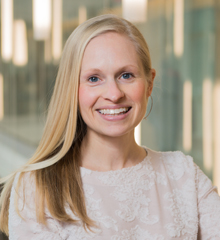
Managing Director, Business+Impact
catjohn@umich.edu
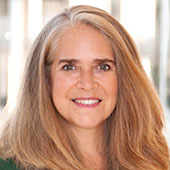
President and CEO, William Davidson Institute
wetaylor@umich.edu
Managing Director, Erb Institute
mzaksek@umich.edu
Search Sustainability Colleagues
Want to see more than we have listed below? Search Graham Sustainability Institute experts here.
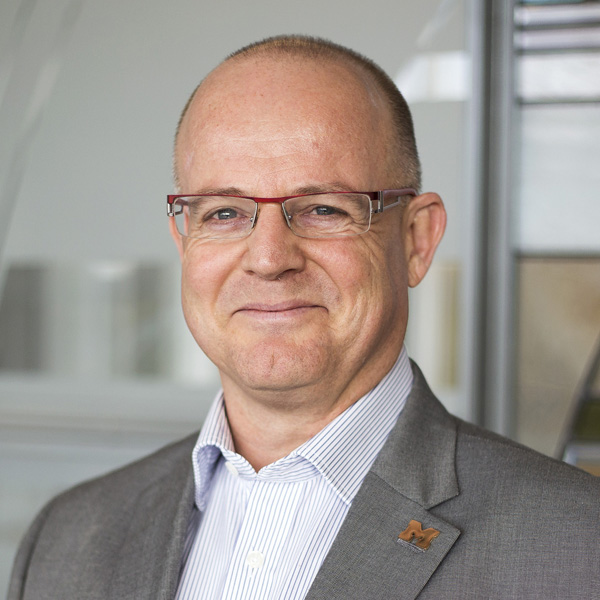
Professor of Business, Civil and Environmental Engineering, Environment and Sustainability
adriaens@umich.edu
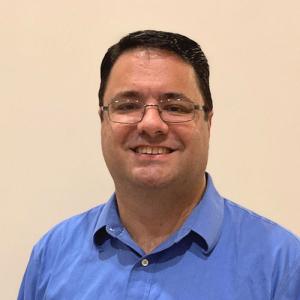
Teaching Professor and Lecturer IV in Technical Communications and CoE Undergraduate Education, College of Engineering
kalfano@umich.edu
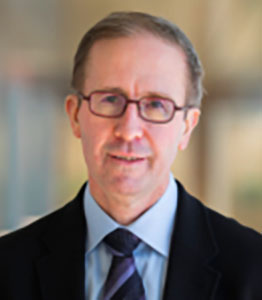
Glenn F. and Gladys H. Knoll Chair and Professor, Nuclear Engineering and Radiological Sciences
traumich@umich.edu
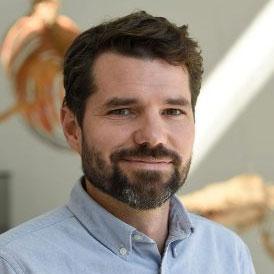
Associate Professor of Ecology and Evolutionary Biology, College of Literature, Science, and the Arts
jeallg@umich.edu
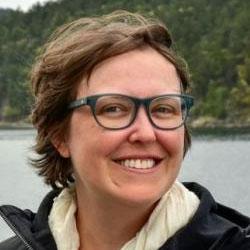
Assistant Professor of Natural Resources, School for Environment and Sustainability
kmalofs@umich.edu
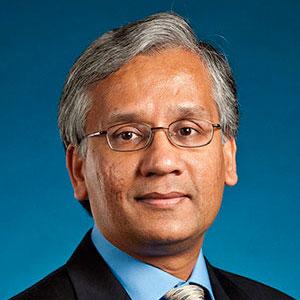
Colonel William G and Ann C Svetlich Professor of Operations Research and Management and Professor of Technology and Operations, Stephen M Ross School of Business
anupindi@umich.edu
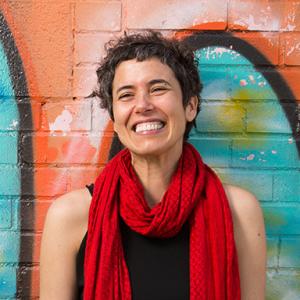
Associate Professor of Architecture and Associate Professor of Urban and Regional Planning, A Alfred Taubman College of Architecture and Urban Planning
marquero@umich.edu
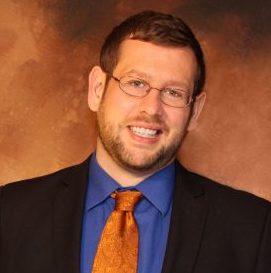
Professor of Chemistry, College of Literature, Science, and the Arts
aulta@umich.edu
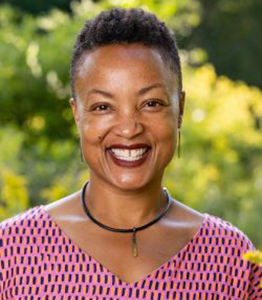
Vice Provost for Sustainability & Climate Action, Office of the Provost & Executive Vice President for Academic Affairs
shalbake@umich.edu

Lecturer, Environmental Justice
mlis@umich.edu
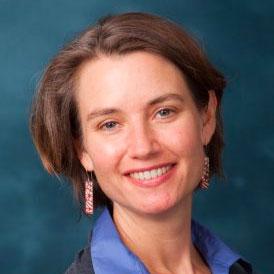
Professor of Political Science, College of Literature, Science, and the Art
jbednar@umich.edu

Professor of Natural Resources and Environmental Policy
rbierbau@umich.edu
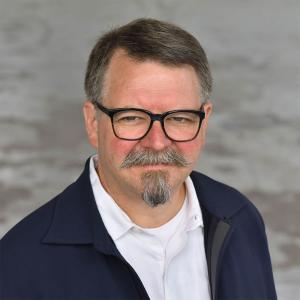
Professor of Architecture, A Alfred Taubman College of Architecture and Urban Planning
cborum@umich.edu
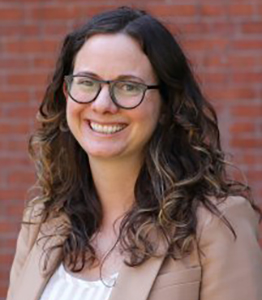
Professor of Sustainability and Development
ninarb@umich.edu
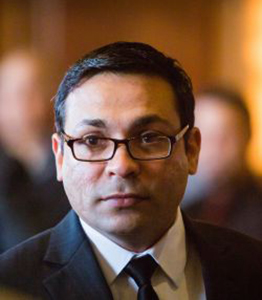
Associate Professor of Environment and Sustainability, School for Environment and Sustainability
bilalb@umich.edu
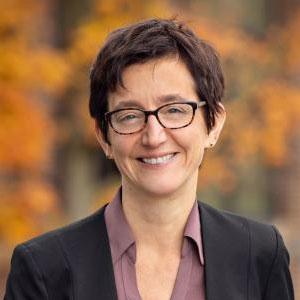
Director Academic Program, Educational Studies and Professor of Education, Marsal Family School of Education
angiecb@umich.edu
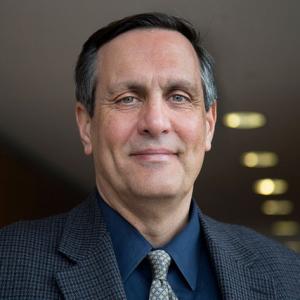
CoE Director of Strategic Projects, College of Engineering
jcallew@umich.edu
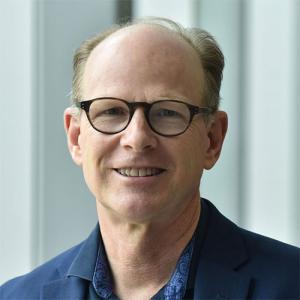
Associate Professor of Urban and Regional Planning, A Alfred Taubman College of Architecture and Urban Planning
sdcamp@umich.edu
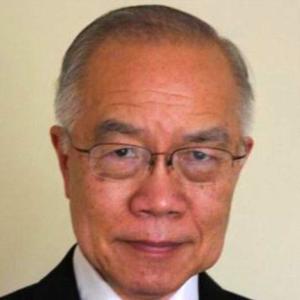
Visiting Research Scientist, Transportation Research Institute
dchock@umich.edu
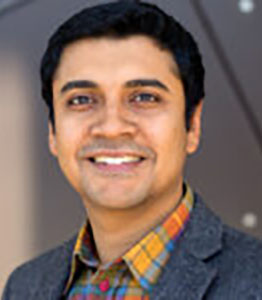
Associate Professor
mosharaf@umich.edu
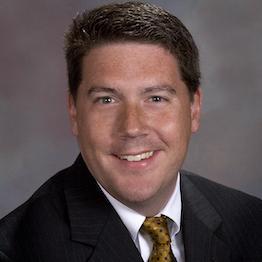
Associate Chief Pharmacy Officer, College of Pharmacy
johnclar@umich.edu
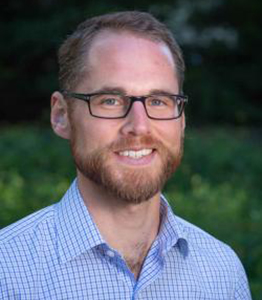
Professor of Sustainable Systems
mtcraig@umich.edu
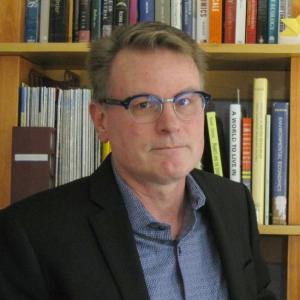
Associate Dean for Research and Engagement, Professor of Environment and Sustainability, School for Environment and Sustainability
wcurrie@umich.edu
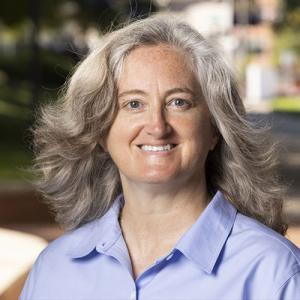
Professor, U-M Flint
hdawson@umich.edu
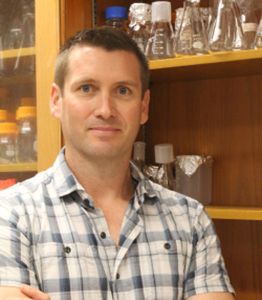
Director of the Cooperative Institute of Great Lakes Research
gdick@umich.edu
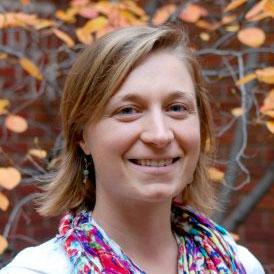
Assoicate Professor of Ecology and Evolutionary Biology, College of Literature, Science, and the Arts
duhaimem@umich.edu

Professor, Aerospace Engineering
kdur@umich.edu
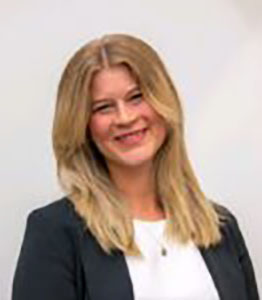
IES Program Manager
kirade@umich.edu
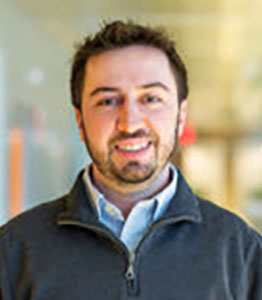
Assistant Professor, Civil & Environmental Engineering
brellis@umich.edu

Assistant Research Scientist, Environment and Sustainability, Adjunct Lecturer in Environment and Sustainability, School for Environment and Sustainability
brafinn@umich.edu
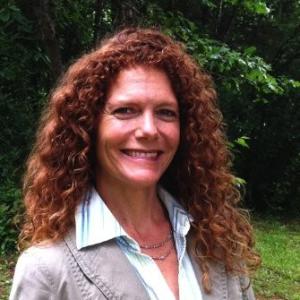
Associate Professor of Environment and Sustainability, School for Environment and Sustainability
apfisch@umich.edu
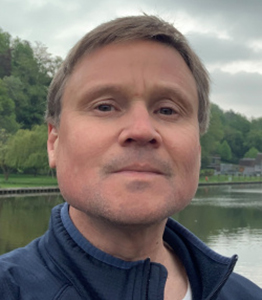
Adjunct Assistant Professor in Environmental Policy and Planning
mgaden@umich.edu
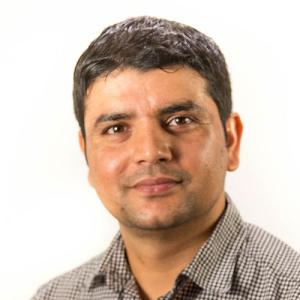
Lecturer III in Environment and Sustainability, School for Environment and Sustainability
rajivgh@umich.edu
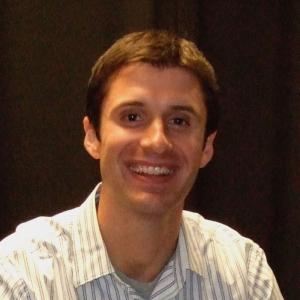
Professor of Electrical Engineering and Computer Science, College of Engineering
ngiebink@umich.edu
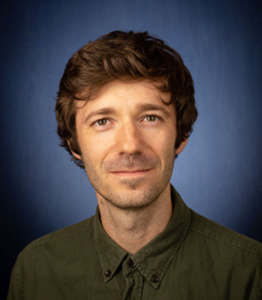
Assistant Professor in Sustainable Systems
benjgo@umich.edu
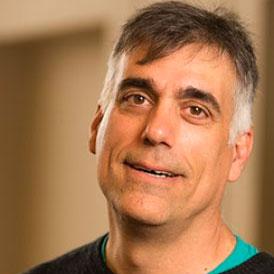
Amos N Tversky Collegiate Professor of Psychology and Statistics, Professor of Psychology, Professor of Statistics, College of Literature, Science, and the Art
gonzo@umich.edu
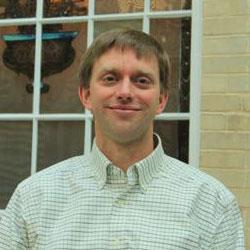
Professor of Industrial and Operations Engineering and Professor of Civil and Environmental Engineering, College of Engineering
sguikema@umich.edu

Professor of Electrical Engineering and Computer Science, Professor of Mechanical Engineering and Professor of Macromolecular Science and Engineering, College of Engineering
guo@umich.edu
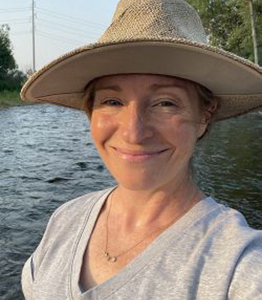
Associate Professor in Environmental Justice
heidibak@umich.edu
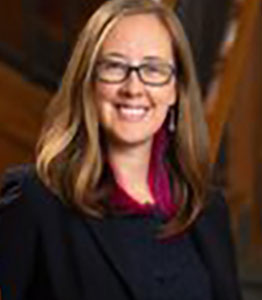
Associate Professor of Public Policy, Gerald R. Ford School of Public Policy
chausman@umich.edu
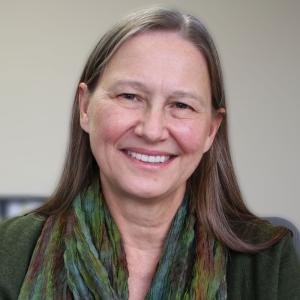
Graham Family Director, Graham Sustainability Institute
mkphelps@umich.edu
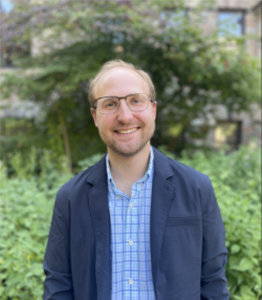
Assistant Professor in Environmental Policy and Planning
geoffhen@umich.edu
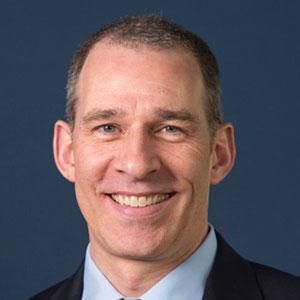
Everett E Berg Professor of Business Administration and Professor of Business Law, Stephen M Ross School of Business
dwhess@umich.edu

Holcim (US) Professor of Sustainable Enterprise, Ross School of Business
ajhoff@umich.edu
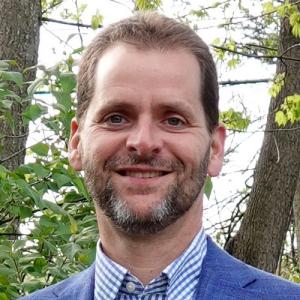
Institute Managing Director and Adjunct Lecturer in Curriculum Support, College of Literature, Science, and the Arts
ahorning@umich.edu

Lecturer in Sustainability and Development
ajhruska@umich.edu
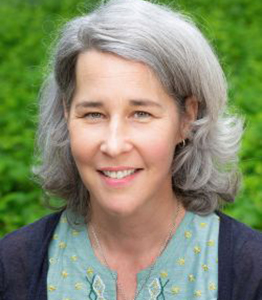
Professor of Environment and Sustainability
pjagger@umich.edu
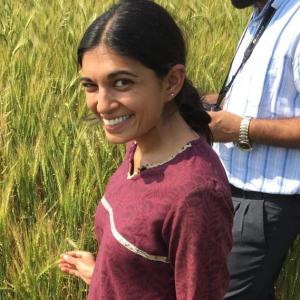
Associate Professor of Environment and Sustainability, School for Environment and Sustainability
mehajain@umich.edu
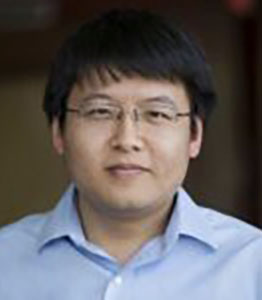
Associate Professor
ruiwei@umich.edu

Associate Professor of Environment and Sustainability, School for Environment and Sustainability
stanj@umich.edu
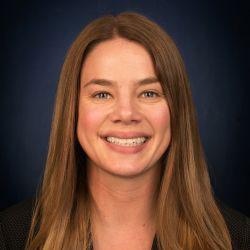
GLISA Director, School for Environment and Sustainability
jljorns@umich.edu
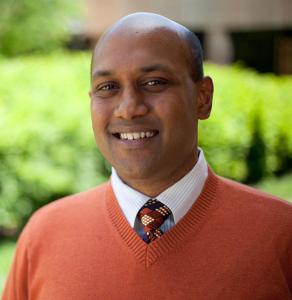
John L Tishman Family Professor of Construction Management and Sustainability, College of Engineering
vkamat@umich.edu
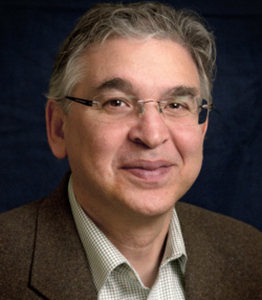
Peter M. Wege Endowed Professor of Sustainable Systems; Co-Director, Center for Sustainable Systems; Co-Director, MI Hydrogen
gregak@umich.edu

James G. Degnan Professor of Law, University of Michigan Law School
aklass@umich.edu

Director of Matthaei Botanical Gardens and Nichols Arboretum
akolenic@umich.edu

Assistant Professor, Department of Industrial & Operations Engineering
alkontar@umich.edu

Lecturer in Ecosystem Science and Management
michkost@umich.edu
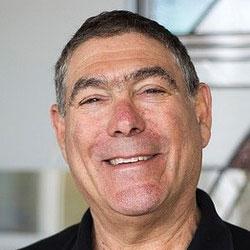
Professor of Materials Science and Engineering and Professor of Macromolecular Science and Engineering, College of Engineering
talsdad@umich.edu
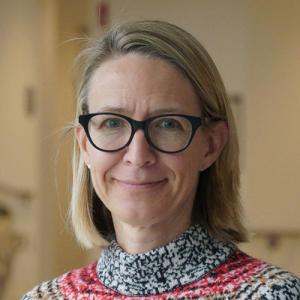
Professor of Urban and Regional Planning, A Alfred Taubman College of Architecture and Urban Planning
larissal@umich.edu
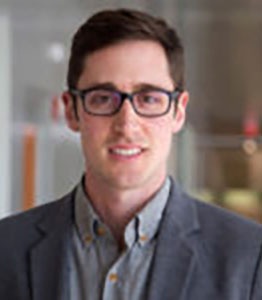
Associate Professor of Chemical Engineering
alenert@umich.edu
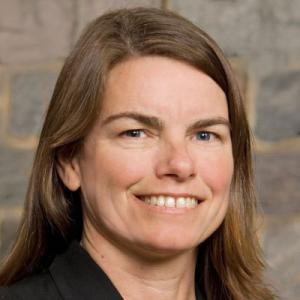
Associate Research Scientist Emerita
hautanie@umich.edu
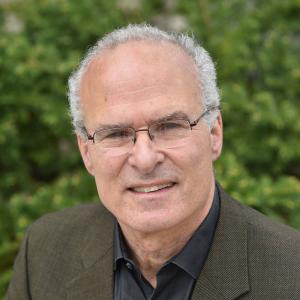
Professor of Urban and Regional Planning, A Alfred Taubman College of Architecture and Urban Planning
jnthnlvn@umich.edu
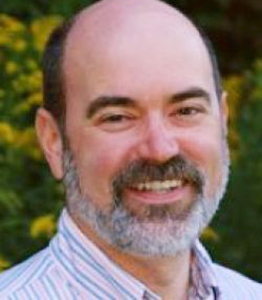
Research Area Specialist Lead and Adjunct Lecturer in Sustainable Systems and Climate+Energy
glewis@umich.edu
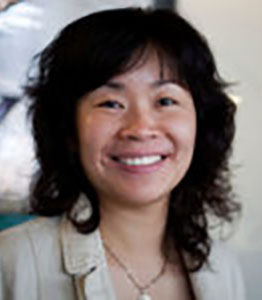
Associate Professor of Chemical Engineering, College of Engineering Associate Professor of Biomedical Engineering, College of Engineering
ninalin@umich.edu
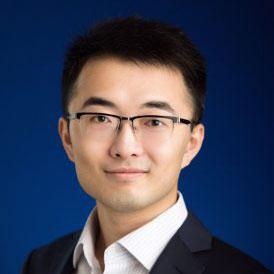
Assistant Professor of Communication and Media, College of Literature, Science, and the Arts
hanglu@umich.edu
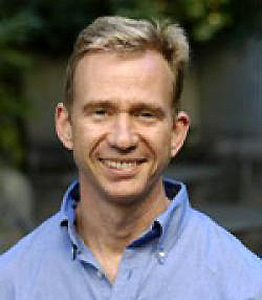
Dow Professor of Sustainable Science, Technology, and Commerce
tplyon@umich.edu
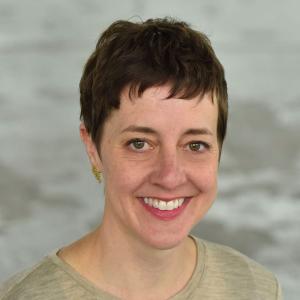
Professor of Architecture, A Alfred Taubman College of Architecture and Urban Planning
maigretj@umich.edu
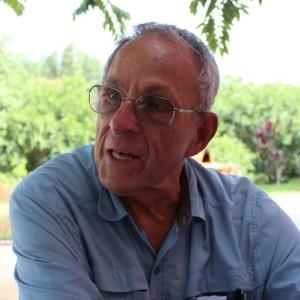
Professor Emeritus of Architecture and Urban Planning, A Alfred Taubman College of Architecture and Urban Planning
marans@umich.edu
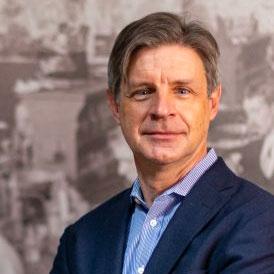
Professor of Chemistry, College of Literature, Science, and the Arts
nmarsh@umich.edu
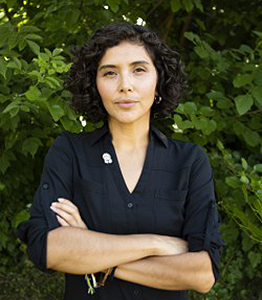
Lecturer and Inaugural Director of the Tishman Center for Social Justice and the Environment
mamz@umich.edu
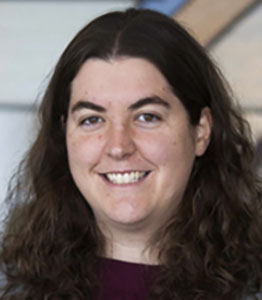
Associate Professor, Electrical Engineering and Computer Science
jlmath@umich.edu
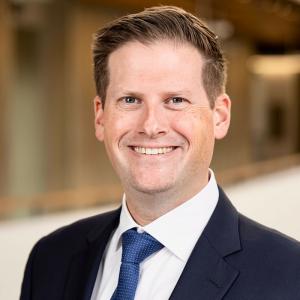
Program Chair of Sport Management, School of Kinesiology
brianpmc@umich.edu
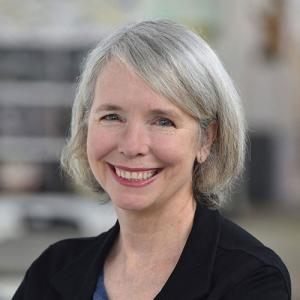
Teaching Professor and Lecturer IV in Architecture and Urban Planning, A Alfred Taubman College of Architecture and Urban Planning
kitmcc@umich.edu
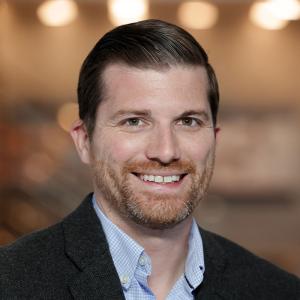
Clinical Associate Professor of Naval Architecture and Marine Engineering, College of Engineering
tmckenne@umich.edu

Associate Professor of Technology and Operations, Stephen M Ross School of Business
npmelv@umich.edu
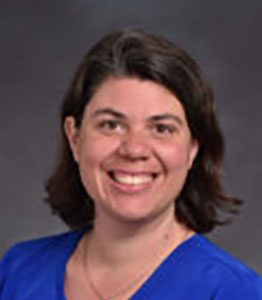
Director, Center for EmPowering Communities, Clinical Associate Professor of Practice of Urban Planning, A Alfred Taubman College of Architecture and Urban Planning
sbmills@umich.edu
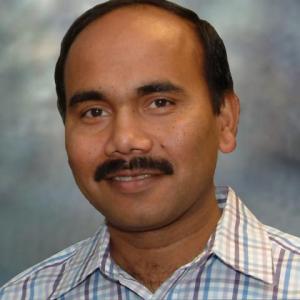
Professor of Mechanical Engineering, College of Engineering
pmohanty@umich.edu
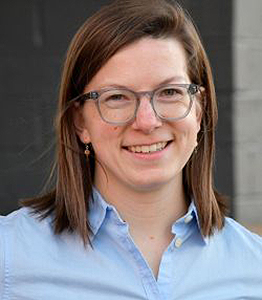
Assistant Research Scientist in Environmental Justice
lemullen@umich.edu
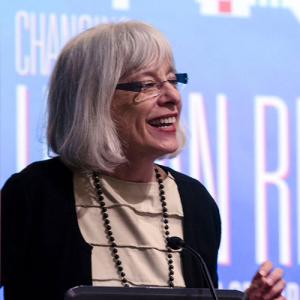
Professor of Landscape Architecture, School for Environment and Sustainability
nassauer@umich.edu

Professor of Environment and Sustainability, School for Environment and Sustainability
jpnewell@umich.edu
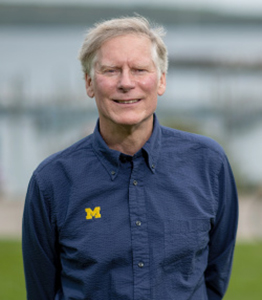
Samuel A. Graham Dean; William B. Stapp Collegiate Professor of Environmental Education, School for Environment and Sustainability
seas-dean@umich.edu
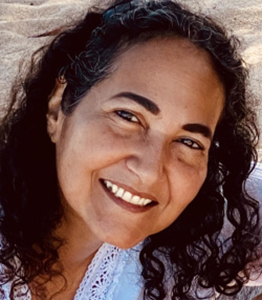
Bunyan Bryant Collegiate Professor of Environmental Justice
perfecto@umich.edu
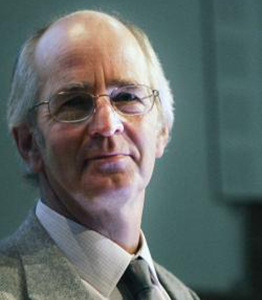
Associate Professor of Environmental Policy and Planning, School for Environment and Sustainability
tprincen@umich.edu
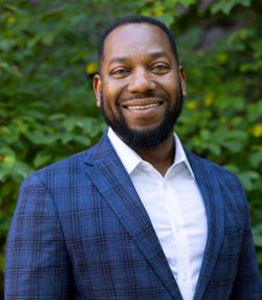
Tishman Professor of Environmental Justice; Director SEAS Detroit Sustainability Clinic, School for Environment and Sustainability
treames@umich.edu
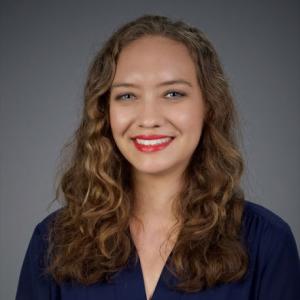
Research Lab Specialist Senior and Lecturer I in Earth and Environmental Sciences, College of Literature, Science, and the Arts
sarariv@umich.edu
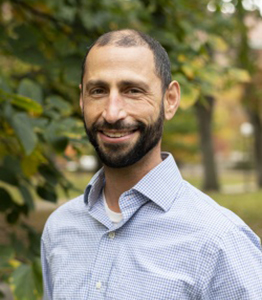
Lecturer in Environmental Justice, Climate+Energy
jbschott@umich.edu
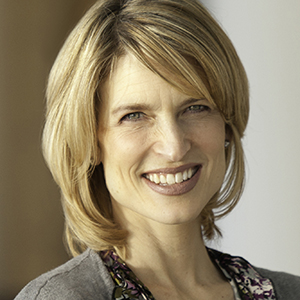
Associate Research Scientist, Stephen M. Ross School of Business
fitness@umich.edu
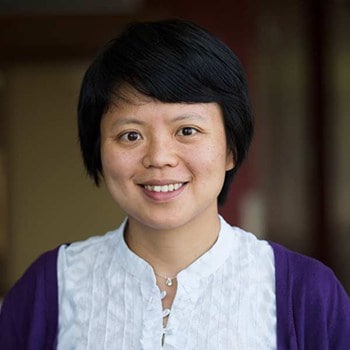
Professor of Industrial and Operations Engineering and Professor of Civil and Environmental Engineering, College of Engineering
siqian@umich.edu
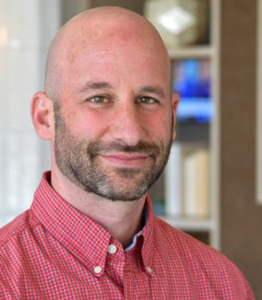
Professor of Practice and Engagement; Director of University of Michigan Water Center, School for Environment & Sustainability
mshriber@umich.edu

Research Associate Professor, Mechanical Engineering
siegeljb@umich.edu
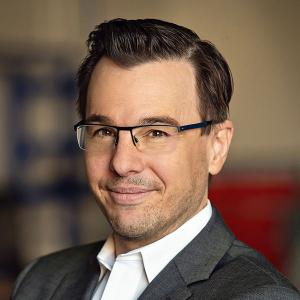
Arthur F Thurnau Professor, College of Engineering
skerlos@umich.edu
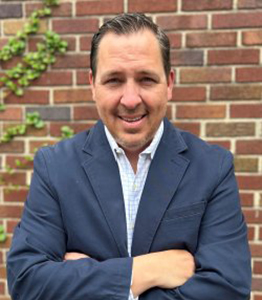
Lecturer Environmental Policy and Planning, Water Conservation and Restoration
marcsmi@umich.edu

Associate Professor of Organizational Studies and Program in the Environment; Director of Program in the Environment; Arthur F. Thurnau Professor
capasb@umich.edu
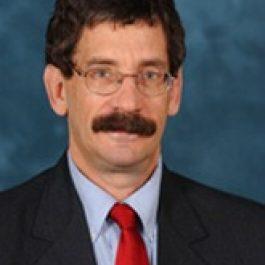
Professor of Afroamerican and African Studies, College of Literature, Science, and the Arts
howstein@umich.edu
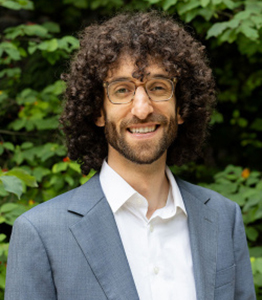
Associate Professor Environmental Policy and Planning
sstolper@umich.edu

Assistant Professor, Mechanical Engineering
syalsm@umich.edu

Professor of Architecture, A Alfred Taubman College of Architecture and Urban Planning
gthun@umich.edu
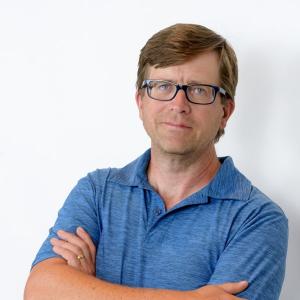
Professor of Art, Penny W Stamps School of Art and Design
jtrumpey@umich.edu
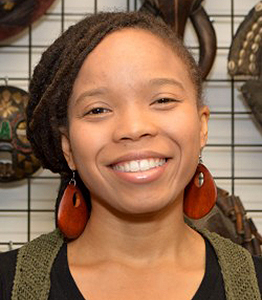
Lecturer in Environmental Justice and Food Systems
shakarat@umich.edu
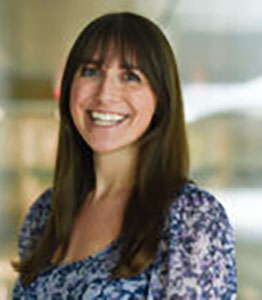
IES Research Specialist
amandanu@umich.edu
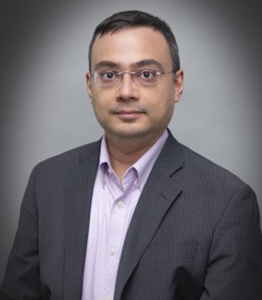
Assistant Professor of Sustainable Systems, Climate, and Energy
parthtv@umich.edu

Associate Professor, College of Engineering
rvinuesa@umich.edu

Associate Research Scientist in Environmental Justice
njwebs@umich.edu
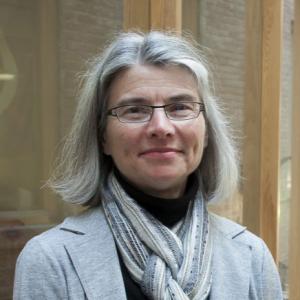
Associate Professor Emerita of Natural Resources, School for Environment and Sustainability
juliaw@umich.edu
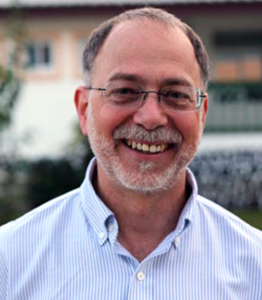
Professor of Practice and Engagement in Environmental Justice
andywh@umich.edu

Associate Professor in Environmental Justice
jalonne@umich.edu
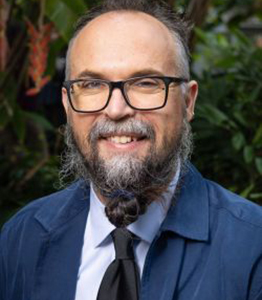
George Willis Pack Professor; University Diversity & Social Transformation Professor
kwhyte@umich.edu
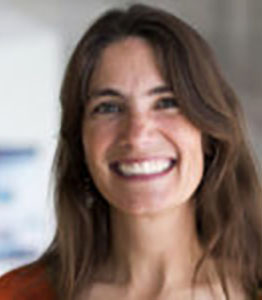
Arthur F. Thurnau Professor, Professor of Mechanical Engineering, Professor of Aerospace Engineering
mswool@umich.edu
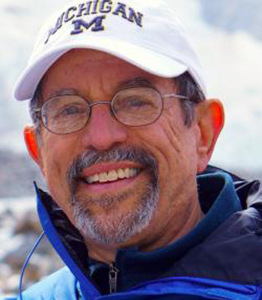
Professor of Environmental Policy and Planning
yaffee@umich.edu

Donald Cleveland Collegiate Professor of Engineering, College of Engineering
yafeng@umich.edu

Max McGraw Professor of Sustainable Enterprise; Erb Institute Director, School for Environment and Sustainability
czietsma@umich.edu
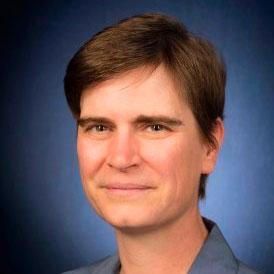
Arthur F Thurnau Professor, School for Environment and Sustainability
zintmich@umich.edu
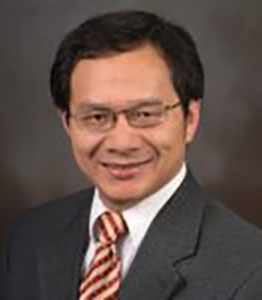
Professor of Naval Engineering
leizuo@umich.edu



